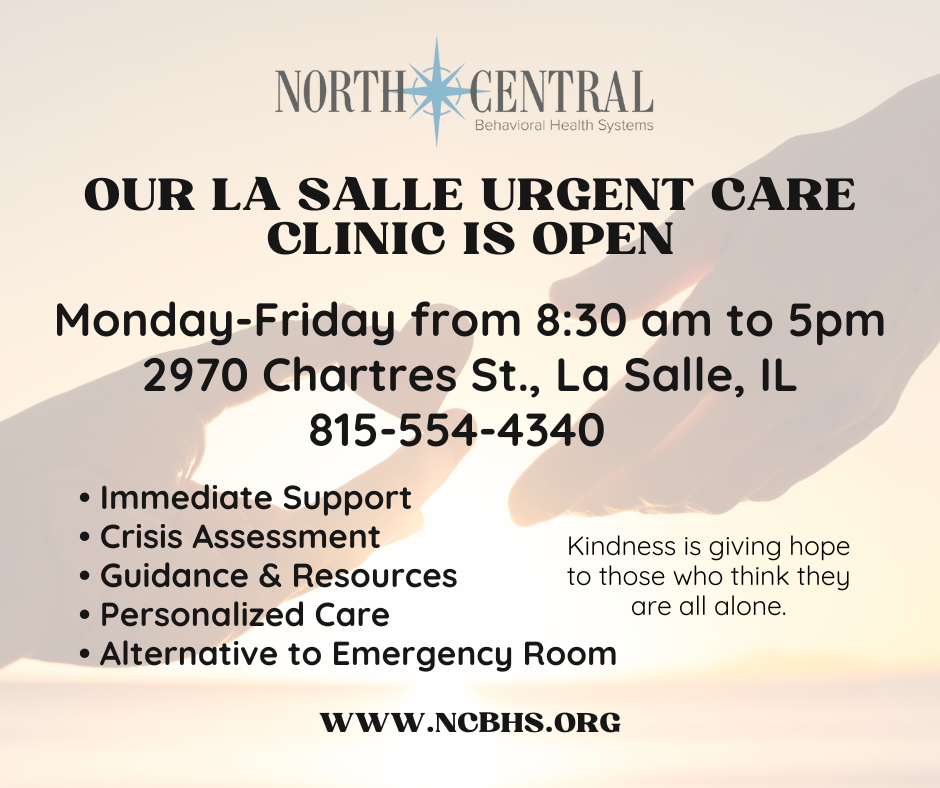OCD is an anxiety disorder. It is characterized by having obsessive thoughts and or compulsions. Obsessions can be persistent ideas, images, thoughts or impulses that cause great discomfort and excessive worry and anxiety. Compulsions are repetitive behaviors or mental acts that are in response to the obsessive thoughts. These repetitive acts are done to relieve or prevent anxiety and severely affect someone’s ability to function on a daily basis. Some symptoms of Obsessive Compulsive Disorder:
Excessive, uncontrollable, illogical fear or preoccupation with
- Contamination - germs, excessive use of cleaning agents, touching animals.
- Hoarding - not being able to throw items away, urge to collect useless things, need to fill up a space.
- Ordering – preoccupation with perfection, alignment of items.
- Religious worry- having bad thoughts, excessive concerns of religious beliefs, dwelling on issues of right and wrong,
- Somatic - having an illness, negative reaction to someone.
- Aggressive - self harm or harming others, fear of being embarrassed.
- Sexual - unwanted sexual thoughts or images.
- Cleaning and washing - Ritualistic hand washing, bathing, avoiding places of contamination.
- Checking - repeated checking of locks, appliances, etc.
- Repetitive Counting- rereading things, excessive writing, doing an activity over and over again, doing things a certain number of times.
- Miscellaneous compulsions used to reduce anxiety:
- Seeking excessive reassurance, strong need to confess negative behavior, superstitious behaviors, need to touch certain items, rules for eating, pulling hair, self-mutilation, compulsive shopping, etc.
OCD should be diagnosed by having a psychiatric evaluation with the patient giving a complete history, explaining their symptoms and how much the symptoms are interfering with they’re ability to function on a daily basis.
OCD is usually treated with a combination of medication and Cognitive- Behavioral Therapy.


